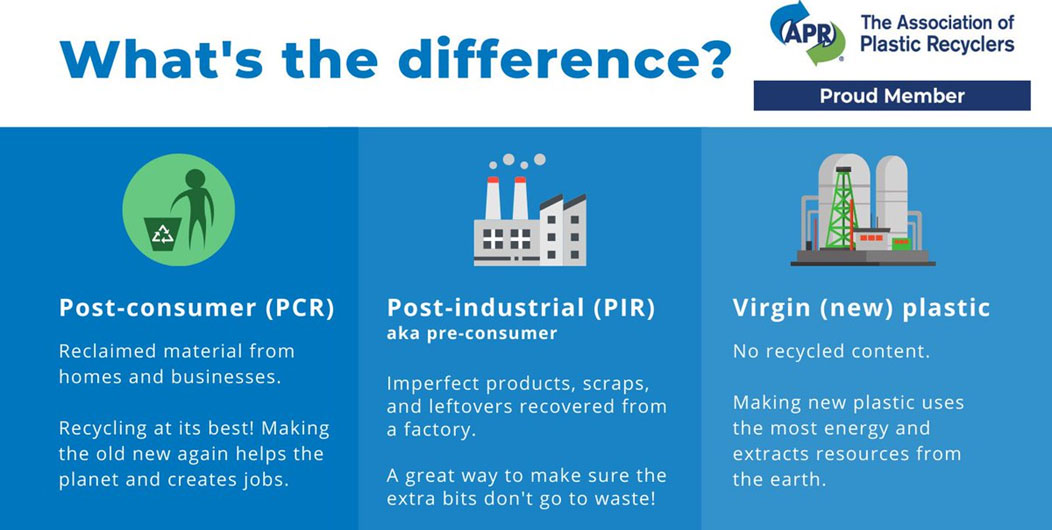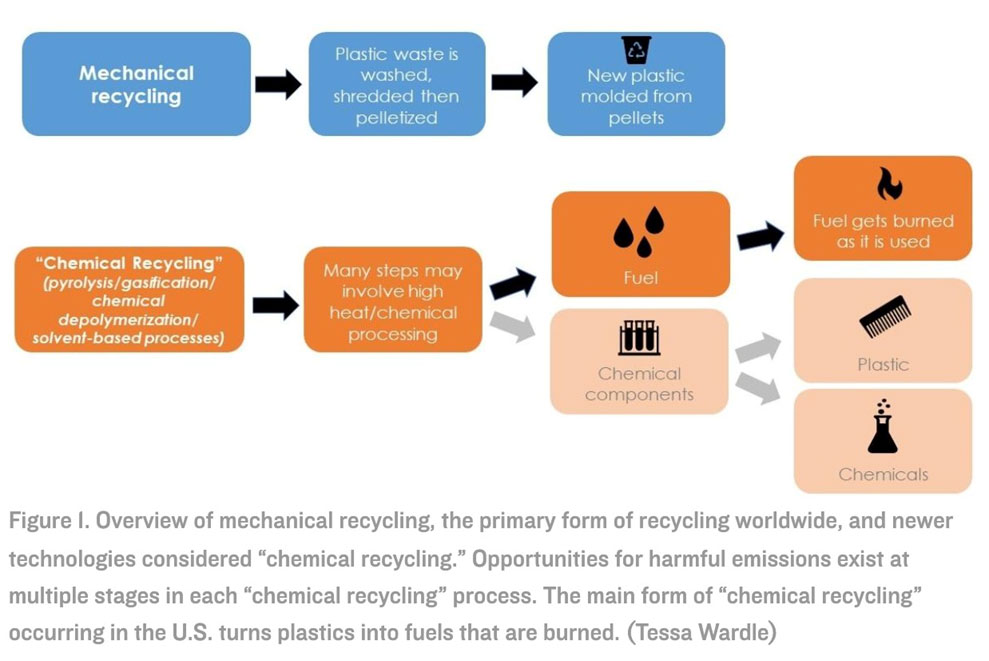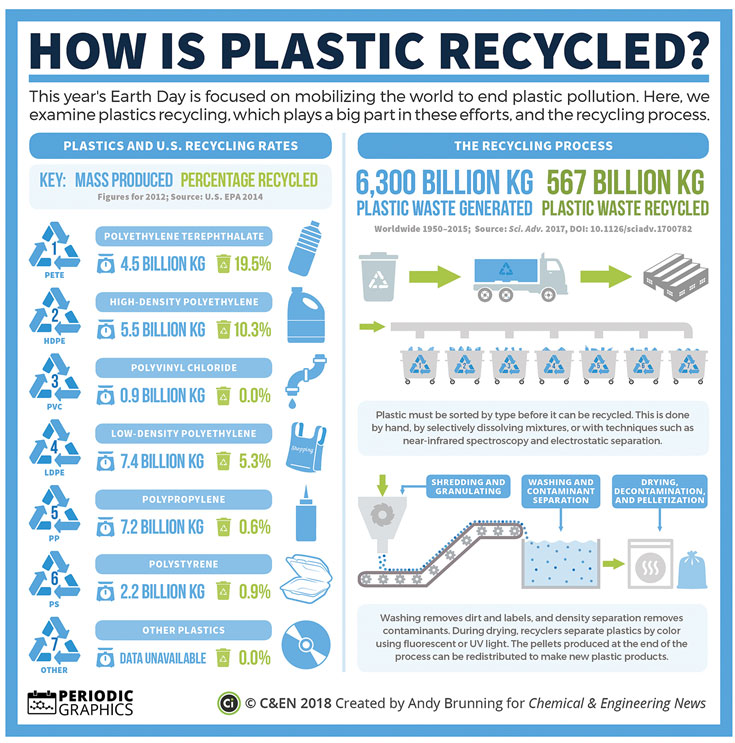
Innovative Material Mainly Made of Limestone
The Story Behind
Plastics are invading the world. Thus, the vast majority of monomers used to make plastics, such as ethylene and propylene, are derived from fossil hydrocarbons. None of the commonly used plastics are biodegradable, which makes most plastic packaging practically indestructible.
Plastic Recycle
Most efforts to tackle plastic waste and pollution have focused on waste management and environmental clean-ups, and recently on switching the materials to PCR (Post Consumer Recyclable) or PIR (Post Industrial Recyclable).

However, studies have shown that the idea of recycling may cause more environmental damage than a solution to the planet. Traditional recycling does not break apart polymer molecules. Meanwhile, chemical recycling resulting a mixture of hydrocarbons (some of which may be polymerized into more plastic) and toxic chemicals that are used for fuel that is often more toxic than its virgin counterpart since it’s laced with residual contaminants like flame retardants.
As chemist Susannah Scott of UCSB says, “This is greenwashing; this is not true recycling.”

Chemical recycling depolymerizes those chains of polymer molecules to reassemble them as useful chemical compounds or pristine, good-as-new polymers. The Plastics Industry Association has hailed the technology as “essential to ensuring that plastics stay out of the environment, while also creating new products and economic growth opportunities that benefit society.”
But chemical recycling referred to processes called pyrolysis or gasification that relies on over 871 degrees Celsius temperature to breakdown the plastics down into basic components. The result is mixture of hydrocarbons (some of which may be polymerized into more plastic) and toxic chemicals that are used for fuel that is often more toxic than its virgin counterpart since it’s laced with residual contaminants like flame retardants.
The majority of plastics
are not recycled
Based on a National Geographic article, an astonishing 91% of plastic produced in the world doesn’t actually get recycled. And most of the plastics that get recycled are downcycled, which means it will reduce the property of the polymer that eventually will no longer be recycled properly.

Kemas Solution
Produce packaging using more eco-friendly materials to reduce the amount of polymer based products being dumped into the earth. In accordance with the Kyoto Protocol in reducing the greenhouse effect and in order to help preserve the environment and the sustainability of the habitat, we at KEMAS have taken serious measures towards reducing carbon emission, reducing petrochemical packaging while providing the best solutions to the Plastic Packaging Industry.
The measures we took are not just in the greener packaging solutions but also a better manufacturing standard that contributes to less emission being emitted to the environment.
We think that mother earth is under threat as well as the future generation and the time to act is now. We would like to introduce you the new breakthrough ecofriendly material called Limex. We are nowhere near the final solution and we are on a journey. Limex is part of the journey.
Through our research and development, we have come across the new breakthrough revolutionary ecofriendly material called LIMEX. Kemas is in partnership with TBM as the owner of this Limex to distribute the materials. For further info click here.

Jl. Rawaterate II No.16
Kawasan Industri Pulo Gadung
Jakarta Timur, Jakarta 13930
Indonesia
+62-21-4608847
+62-21-4608848
+62-21-4603720
+62-21-4608845 (fax)

